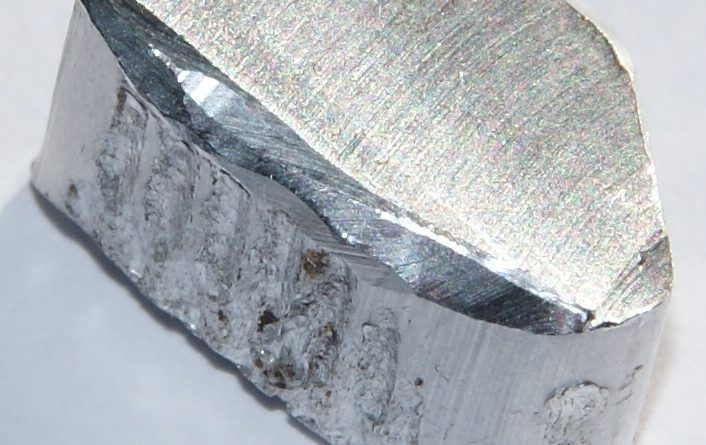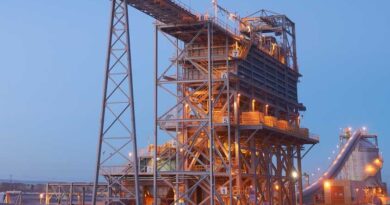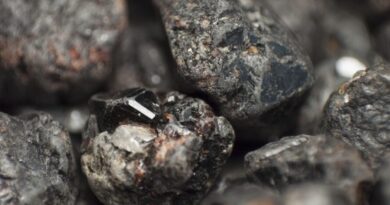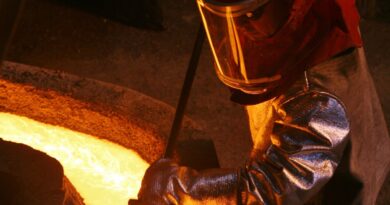Hydro Sunndal reacts on its Environmental Development Agenda
Besides their focus on safety and health, Hydro’s main focus is to take the leading position on sustainability in the aluminium market. The company has the goal of net-zero carbon by 2050 or earlier and 70 percent of Hydro’s primary production is already based on renewable energy.
Hydro wholly or partially owns and operates 17 percent of the hydroelectrical power production in Norway, producing electricity for many of its own aluminium plants. Combined, they produce about 9 TW hours of electricity per year.
The overall strategy involves investing and growing in other renewable energy systems – not only hydroelectric power, but wind farms, solar power, and hydrogen production. Most recently, Hydro is expanding its global network of recycling plants to help meet its goal of a zero-carbon footprint.
“We have a broad technology development agenda to meet the decarbonization target, including carbon capture, zero-emission primary production, advancing post-consumer scrap recycling, etc. A key technology development for recycling is sensor-based scrap sorting, enabling the separation of various alloys,” said Stig Tjøtta, head of technology, Hydro. “Today, we are able to be above 75 percent and we have the ambition towards 100 percent post-consumer scrap recycled content in our aluminium.”
Electrification of heavy vehicles within its smelter and casthouse is one of the top priorities at Sunndal, which currently has 36 operational vehicles with an annual diesel consumption of 1.3 million liters. The first step of the program includes exchanging eight vehicles, which will result in a reduction in diesel consumption of approximately 200,000 liters annually. This will not only improve the carbon footprint, but will also affect the work environment through reduced noise levels from the vehicles, and less emissions within the buildings. In addition, Hydro has begun using AGVs and digital twin technology, automating many of their operations in the process using digital predictive maintenance.
Part of Hydro’s plan for the future is the collaboration with local high schools and universities, helping students learn about aluminum and learning from the new generation. They partner with leading universities, including the nearby University of Trondheim that has a department exclusively devoted to aluminium. Hydro is happy to have students come experience and learn at the plant, and even have interns during the summer. The local vocational education and training school also is a funnel for students into the company. By keeping the younger generation in the aluminium loop, the industry will be sure to have fresh ideas and minds for years to come.




